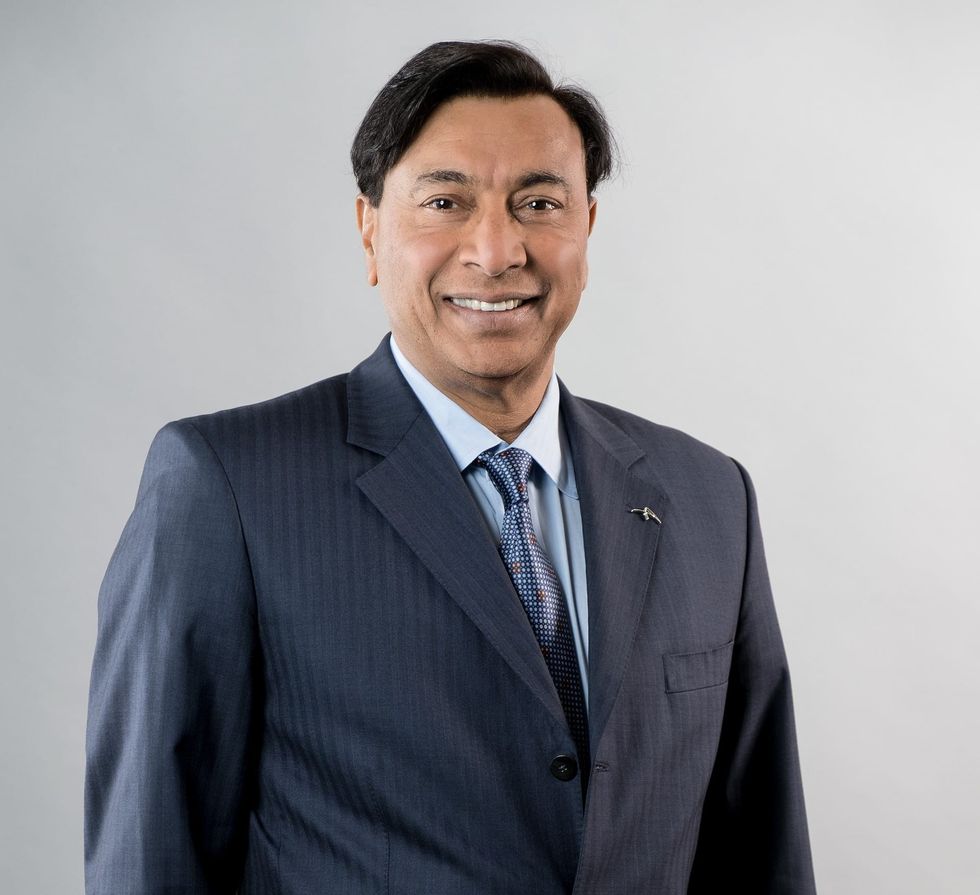Mobile phone apps in India, which appear to be finding it relatively easy to attract both foreign and domestic funding, are changing the way of life in the country.
Want to see a doctor quickly? No problem. There is an app for you. Actually, such an app might be just the ticket for the UK.
Or you are a working woman with a limited budget but wish to dress smartly? Easy. There is an app for you. Want to buy a piece of modern furniture? Again, an app ensures convenient selection and delivery to your door.
Or you are one of the millions in India with an eye disease but too poor to seek expensive treatment? All that can be sorted out now using an app.
Anyone who has tried to get a taxi in many cities in India – especially Kolkata – will know how difficult it is to get a cab when you want one and then persuade the driver to go where you want to. Now an app can connect you to not just a driver but a helpful local one.
How India is changing and the millions of pounds going into apps are set out by Bangalore-based journalist Shradha Sharma in the September edition of Wired in the UK – this technology magazine from the Condé Nast group is part of the Vogue family.
Indian prime minister Narendra Modi has announced India intends to invest $1 trillion over the next five years in infrastructure. But many investors, both in India and overseas, are clearly attracted by the possibilities of mobile phone apps. Most but not all the apps are headquartered in India.
A mobile data protection service, Druva, now based in San Francisco Bay, has raised over $70 million (£54m) in funding. The company, founded in 2008 by Jaspreet Singh and Milind Borate, manages business-critical data in the cloud for 3,500 clients, including Nasa, Pfizer, Tesla and PwC.
Most of the activity is taking place in India. Freshdesk, a customer-support platform, was founded by Girish Mathrubootham and Shan Krishnasamy, who in 2010 gave themselves nine months to make a success of their business or return to their corporate careers. That was not needed.
The start-up raised $94m (£73m) from, among others, Accel Partners and Google Capital. Freshdesk has a valuation in excess of $500m (£388m) and claims a client base of 70,000 – including brands such as Honda and Hugo across 145 countries.
With more than 65 per cent of the Indian population under the age of 30 and the economy growing quickly, accessible and affordable mobility is a key lever for development.
Ola, which has raised £1.04 billion in funding, was the first Indian company to develop the concept of driver-entrepreneurs, giving them access to training, technology and livelihood.
Bhavish Aggarwal, whose Ola offers everything from limousines to auto-rickshaws, said: “We will leapfrog the phase of car ownership and instead consume transportation as a service.”
The company claims to have a market share of 60 per cent, with more than 200,000 vehicles across 85 cities. “When Uber came to India three years ago, we were tiny,” admitted Aggarwal. “We were doing 2,000 rides a day and had two crores (£207,000) in the bank. They could have crushed us in 15 days.
“But what worked for us was that we’re built ground up for India, which is reflected in the breadth of our platform. It’s how our brand connects in the real India and how our drivers think of us. Everything is very local. That’s the trick.”
He jokes that his father, who worries about his son finding a “proper job”, still keeps asking him: “When are you doing your MBA?”
Rajiv Srivatsa and Ashish Goel offer 5,000 items of affordable, high-quality furniture through Urban Ladder, which was launched in July 2012. Urban Ladder has its own logistics chain to serve 19 cities rather than relying on third parties. Srivatsa explained: “Our designs are backed by extensive consumer research. This has helped us carve a niche for ourselves. We converse with the best designers across the globe to interest them in creating products for India.”
Shashank ND and Abhinav Lal, who have set up Practo to match patients with doctors in 35 Indian cities, hope to increase the number to 100 by the end of this year. It also operates in Singapore, Indonesia and the Philippines.
The eight-year-old company has in the past year made 40 million appointments with 200,000 doctors on its flagship platform. Consumers create and update personal health records that medical professionals are able to access.
“Life spans are increasing, and it’s important to make sure that longer lives are also a lot healthier,” remarked Shashank. “That can only happen when patients and medical professionals have access to health-related data.”
Sujayath Ali’s company, Voonik, offers attractive clothes for women with limited budgets. “Young Indians aspire to better lifestyles than their predecessors,” he said. “So the best way to appeal to them is to combine value with a best-in class experience.” It launched its Android app in Sept 2014 and, at Feb 2016, had eight million customers.
Valuable work is being done by Focus Health, which was set up by K Chandrashekhar and Shyam Vasudeva Rao. They reckon they have prevented 300,000 people from going blind.
Their flagship low-cost machine, “3nethra” (signifying the wisdom of Vishnu’s third eye) allows for speedy detection of such common diseases as cataracts, diabetic retinopathy, glaucoma, and corneal problems.
A technician can screen a patient in less than five minutes using 3nethra and a basic PC, before uploading patient files for a doctor to access the records and provide a diagnosis.
Since the company was founded in 2010, its 550 3nethra machines have examined 800,000 patients in 25 countries, at one-fifth the cost of a similar machine in the developed world. “In India alone, the diagnosis of preventable blindness can save $500m (£388m) that is lost in productivity each year,” commented Chandrashekhar.
















 Lakshmi Mittal
Lakshmi Mittal 
